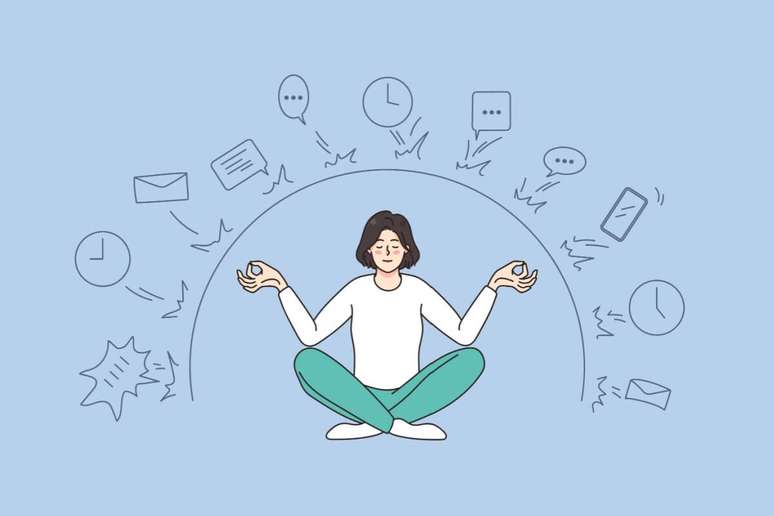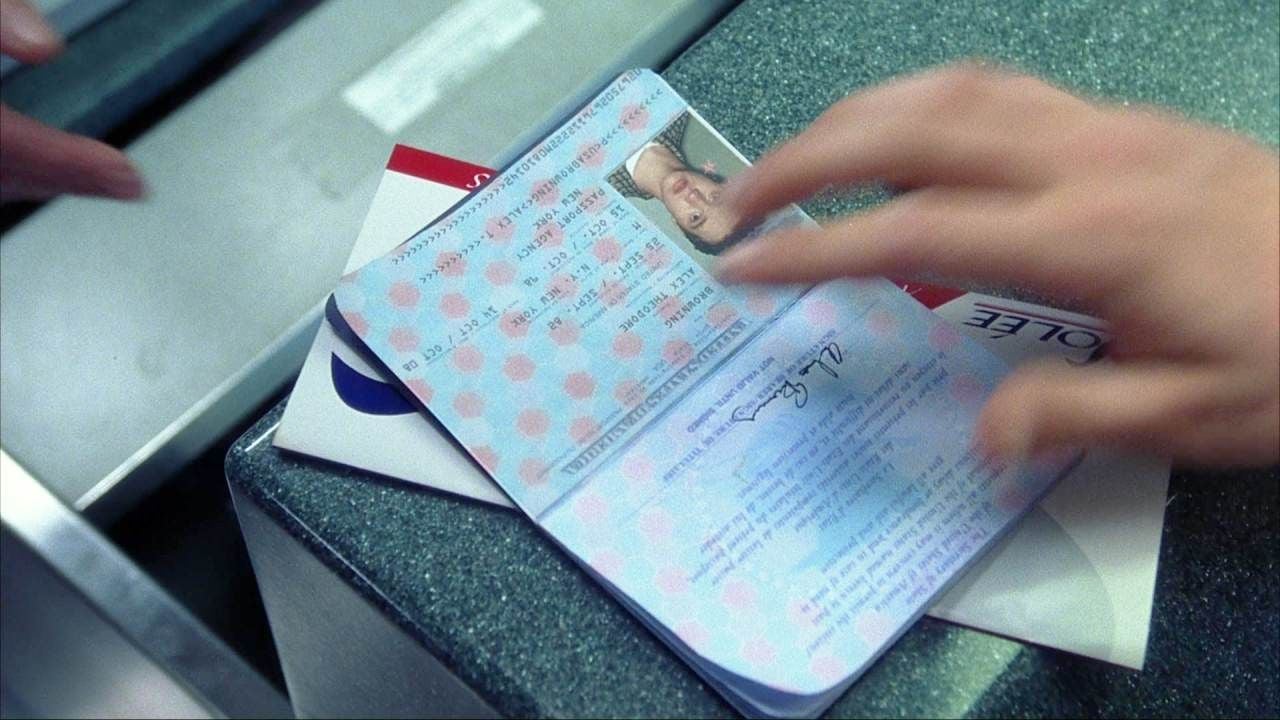The psychologist explains how some habits can help improve concentration and reduce anxiety
Many people currently find themselves inundated with an enormous amount of information, mainly coming from the Internet, while simultaneously having to deal with a variety of daily tasks and commitments, both at work and in their personal lives.
However, this excess mental stimulation can pose a significant challenge to maintaining focus and productivity. As a result, it becomes even more difficult to fulfill daily obligations, often resulting in procrastination.
“We live in an age where the amount of information available is overwhelming. This, combined with the pressure to always be productive, can lead to a state of paralysis, where we end up procrastinating on important tasks,” explains psychologist Gabriela Borba, specialist in cognitive behavioral therapy (CBT).
Procrastination is not simply a matter of laziness or poor time management. It is often a coping mechanism to deal with feelings of anxiety, overload and perfectionism. “It is important to recognize that procrastination can be a symptom of something deeper. Identifying the underlying causes is the first step to addressing it”, highlights Gabriela Borba.
Therefore, below, the specialist lists some tips to improve concentration and combat anxiety. procrastination. Watch!
1. Unplug periodically
Dedicate specific times of the day to disconnect from electronic devices. This will help reduce information overload and allow your mind to rest.
2. Set priorities
Use tools like to-do lists and calendars organize your daily activities. Prioritize important and urgent tasks and break large projects into smaller, more manageable steps.

3. Practice mindfulness
Mindfulness techniques can help improve concentration and reduce anxiety. Dedicate a few minutes a day to meditation or breathing exercises.
4. Set time limits
Work in blocks of time, known as the “Pomodoro technique,” 25 minutes of focused work followed by a 5-minute break. This helps maintain concentration and avoid mental fatigue.
5. Keep your work environment organized
Keep your workspace clean and organized. An environment free of physical distractions contributes to a more focused mind.
6. Self-compassion
Be kind to yourself. Recognize that it’s normal to have moments of procrastination and don’t beat yourself up about it. See every day as a new opportunity to improve.
The key is in balance
Addressing procrastination in an age of productivity and information overload is challenging, but it’s possible with the right strategies. “The key is to balance productivity with moments of rest and self-care. By understanding the causes of procrastination and adopting practices to increase concentration, we can significantly improve our efficiency and well-being,” concludes the expert.
By Karine Bastida
Source: Terra
Ben Stock is a lifestyle journalist and author at Gossipify. He writes about topics such as health, wellness, travel, food and home decor. He provides practical advice and inspiration to improve well-being, keeps readers up to date with latest lifestyle news and trends, known for his engaging writing style, in-depth analysis and unique perspectives.








